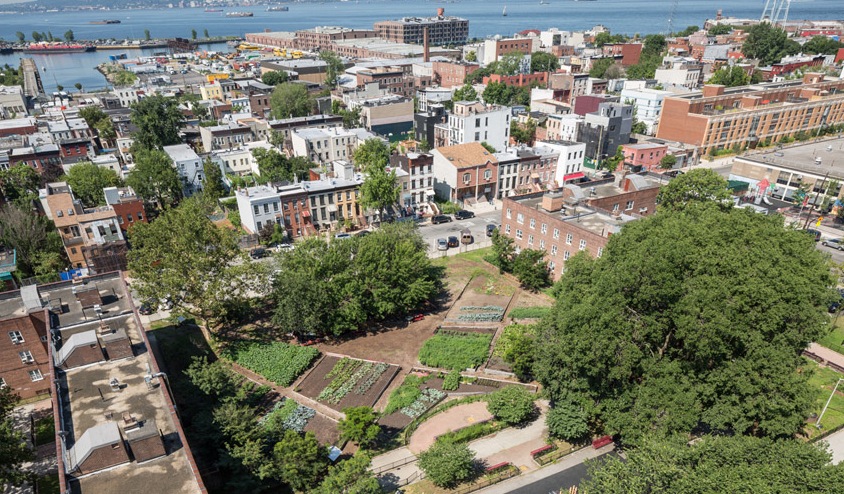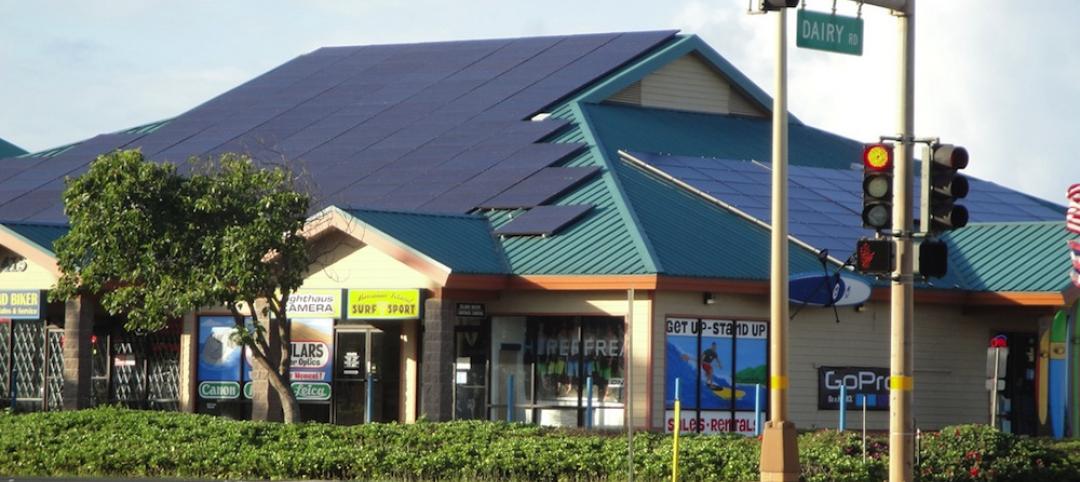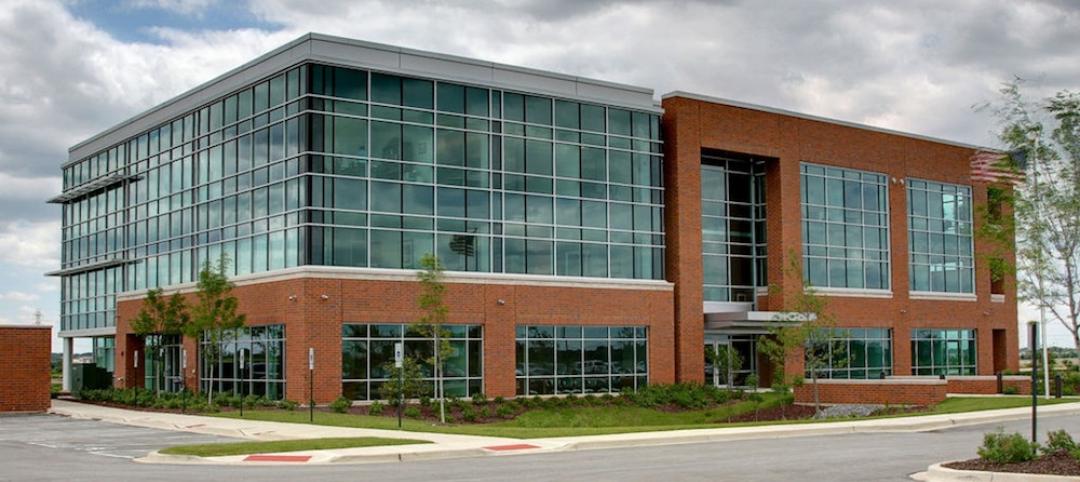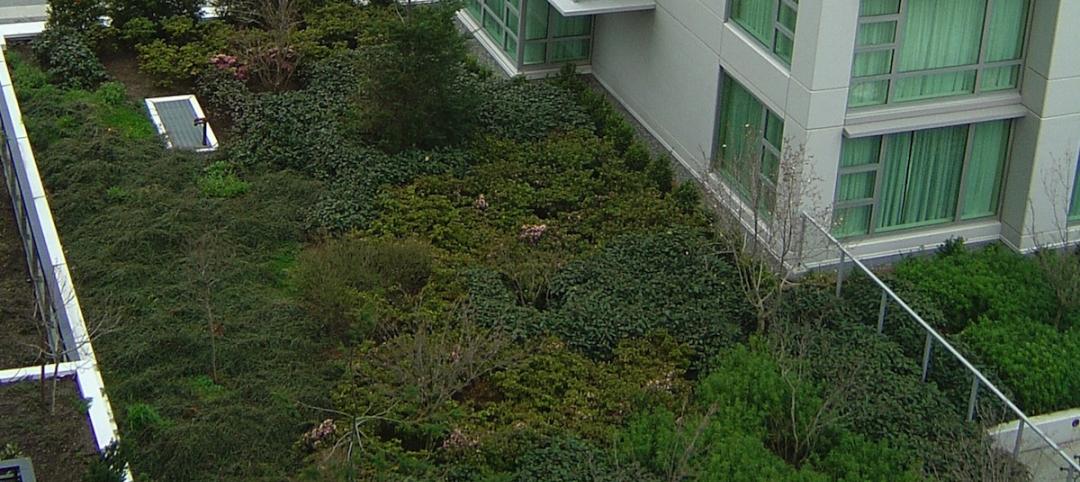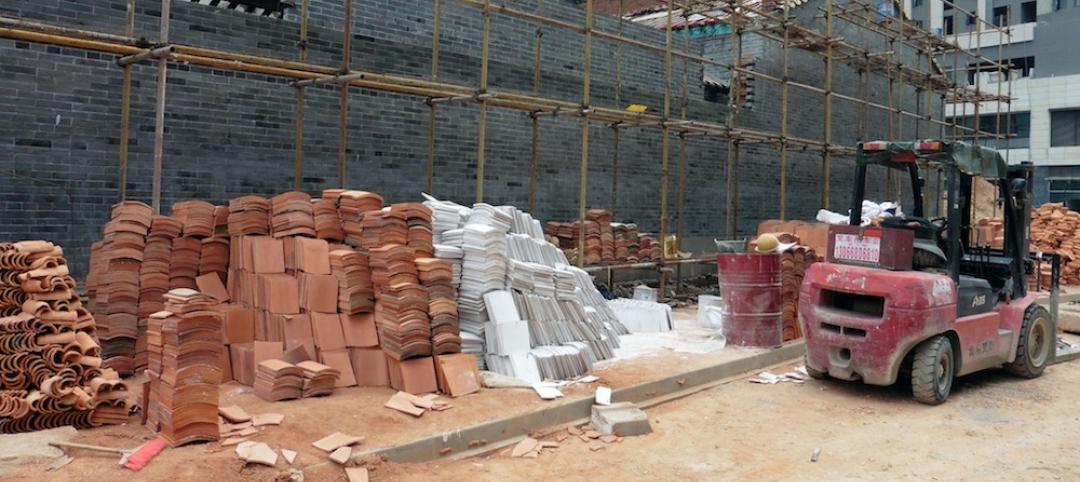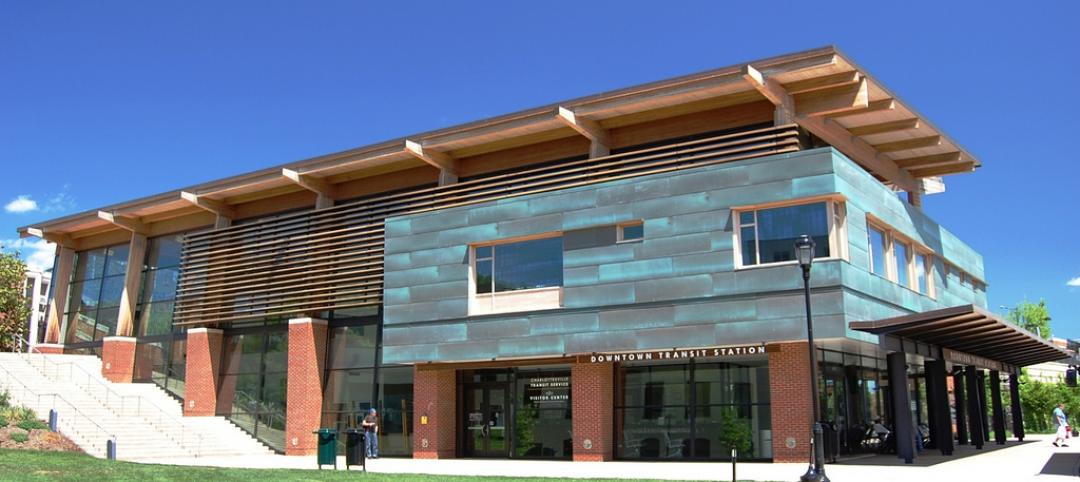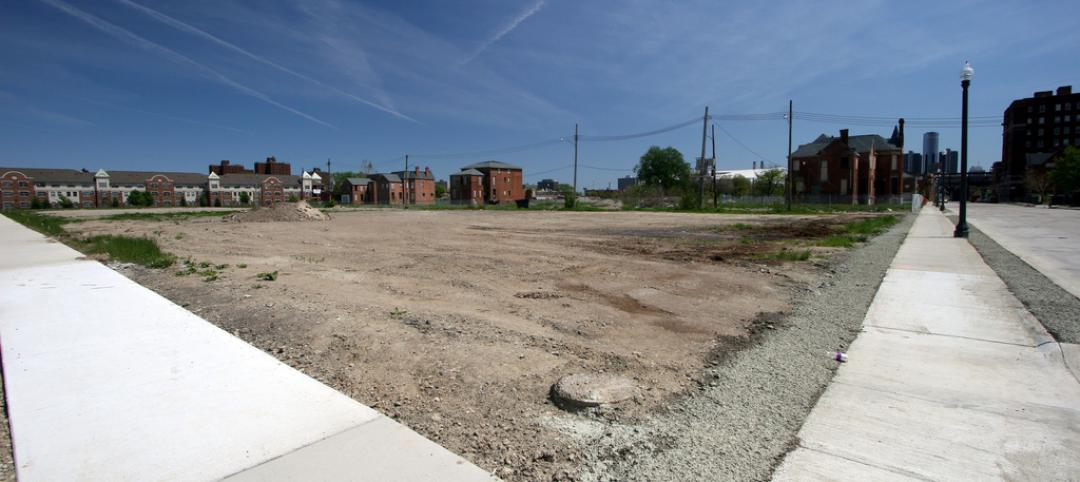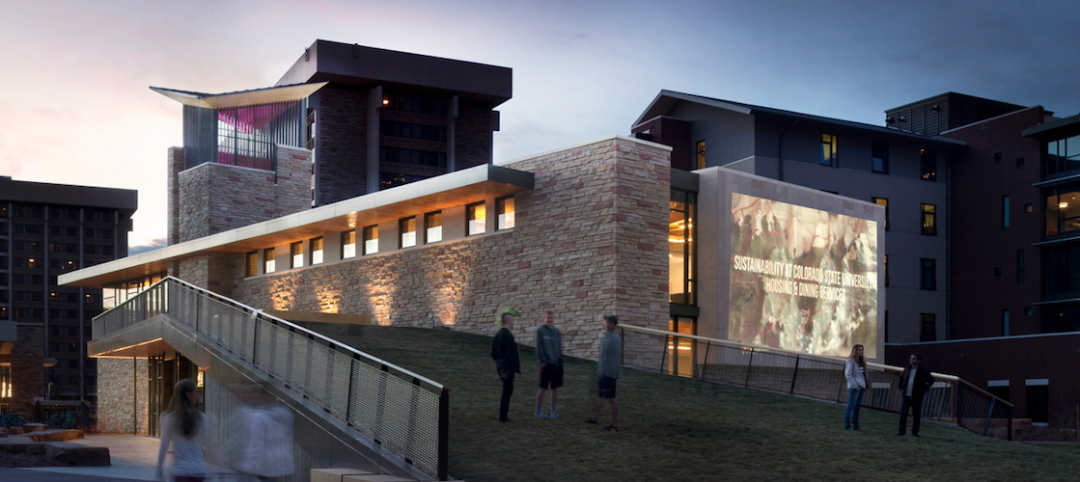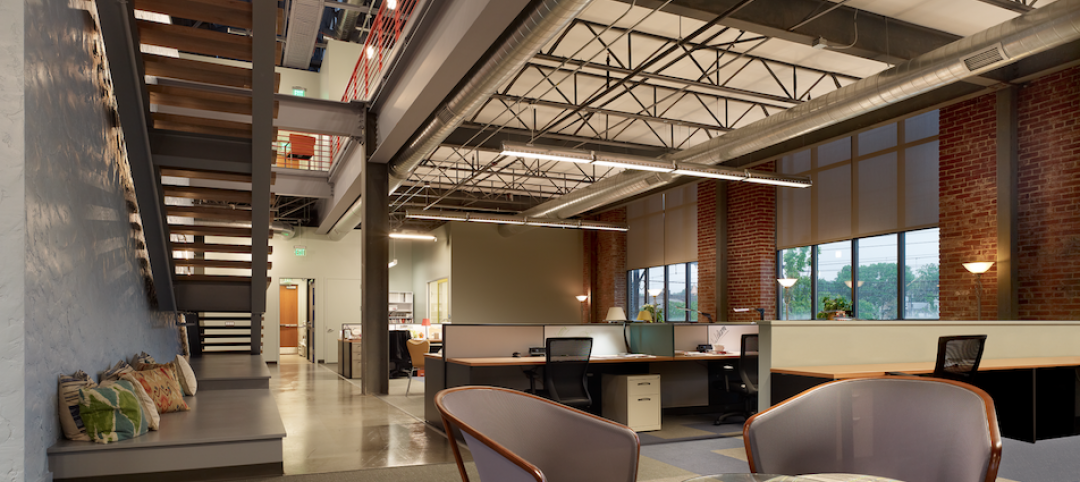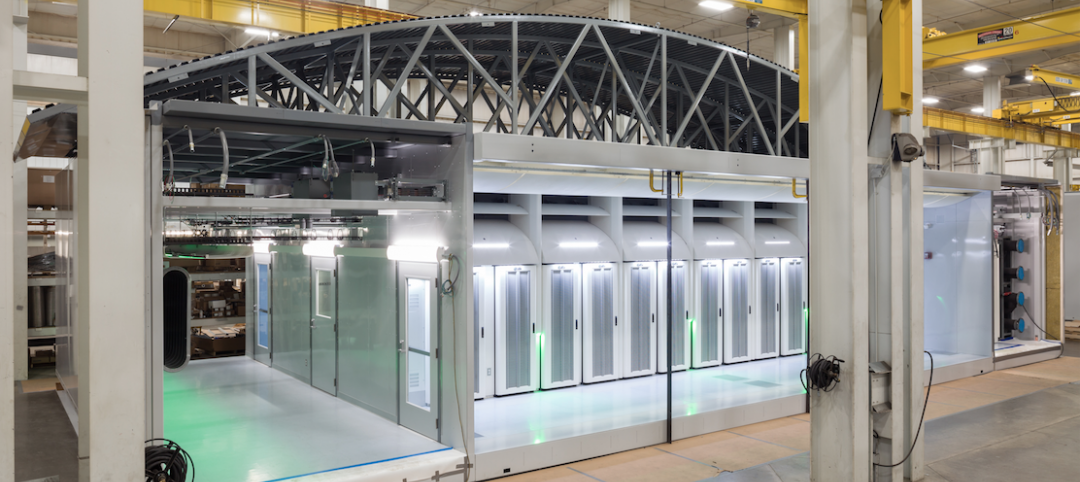This month, New York City is conducting a month-long design festival called Archtober. Part of this event will be a tour open to the public on October 8 of a one-acre urban farm in the Red Hook section of Brooklyn. It is one of the first models in the country of a working farm on public housing property.
Added Value, a local nonprofit with a three-acre farm a few blocks away, initiated this project, called The Red Hook West Urban Farm, which it is maintaining and operating with Green City Force’s Clean Energy Corp. The New York City Housing Authority (NYCHA) launched this project in June 2013, and the farm was installed by participants in the Center for Economic Opportunity’s Work Progress Program, a component of the Young Men’s Initiative.
The Red Hook West Urban Farm’s primary missions are the growth and distribution of healthy foods, the education of local residents about healthy diets, and a green jobs training program for NYCHA youth who are out of school and unemployed. Green City Force and Added Value manage a work readiness program to provide hands-on job skills training in the field of urban agriculture, as well as educational support and life-skills development.
Gita Nandan, RA, LEED AP, Principal and architect; and landscape architect Elliott Maltby, both of the firm thread collective, designed the Red Hook West Urban Farm, and will conduct the tour. The farm is described as “a built representation” of thread collective’s Lowlands concept for urban agriculture, green infrastructure, and resiliency.
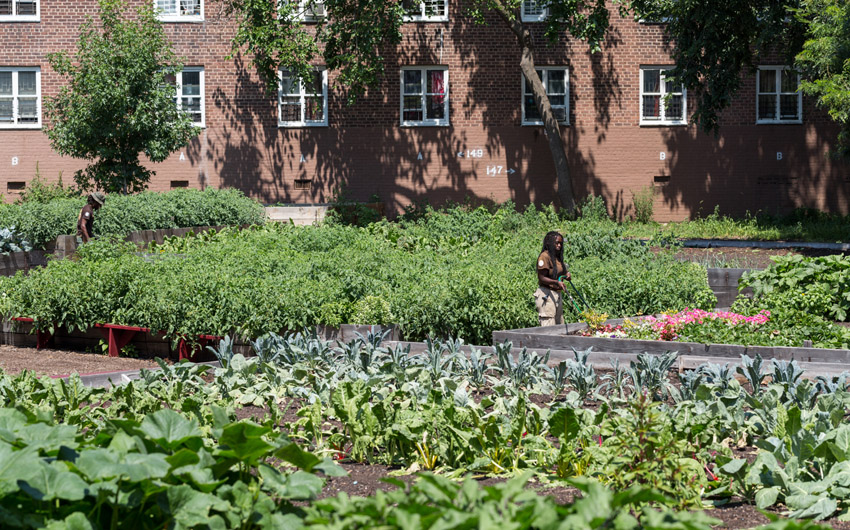
As part of its Urban Agriculture Initiative, NYCHA—the largest such agency in North America, with 328 public housing developments—intends to replicate this farm on at least five other sites, the locations of which have yet to be disclosed.
NYCHA’s Garden and Greening Program manages one the largest and longest-running public gardening programs in the U.S., and has supported residents in developing more than 650 community-based garden plots.
In 2011, NYCHA partnered with Added Value and Green City Force in to launch a model NYCHA farm with the goal of increasing opportunities for affordable housing neighborhoods to gain access to fresh produce, horticultural training opportunities, and building community capacity.
The Red Hook farm received funding from the Center for Economic Opportunity and in-kind donations from the New York Department of Sanitation and Department of Parks and recreation.
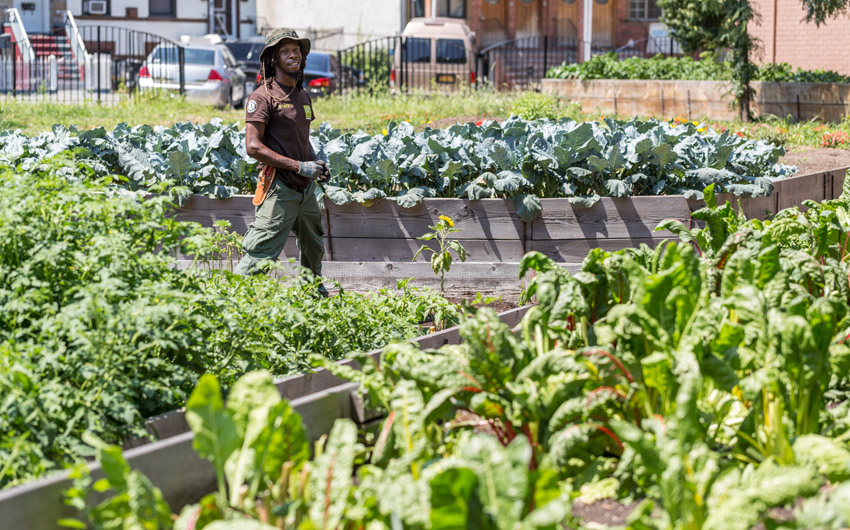
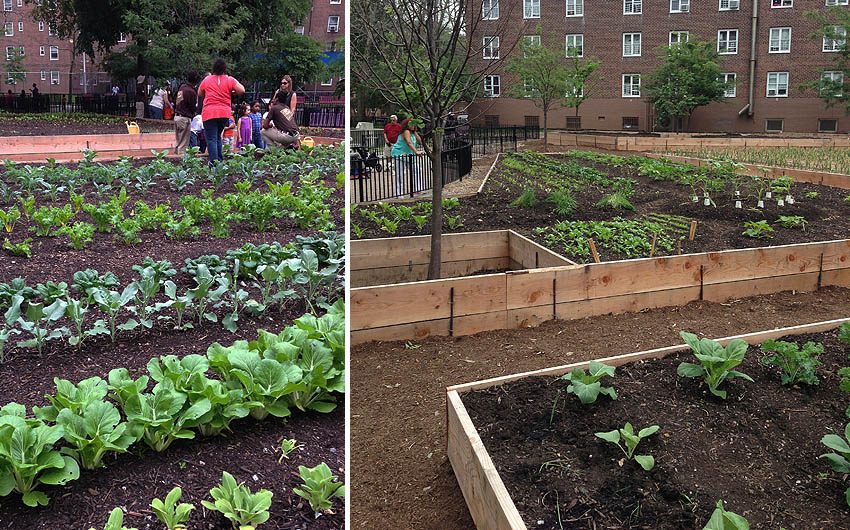
Related Stories
Green | Feb 1, 2016
Supreme Court ruling on demand response expected to benefit smart grid
Ruling allows PV owners and other small energy generators to continue to be paid wholesale rates for power they generate.
Green | Jan 29, 2016
USGBC names top 10 states for LEED green building
Illinois leads the list for the third straight year.
Green | Jan 4, 2016
Florida lagging on development of green roofs
Florida lagging on development of green roofs.
Green | Dec 23, 2015
Austin, Texas mandates construction recycling
Projects larger than 5,000 sf must recycle or salvage at least half of their trash.
Green | Dec 15, 2015
USGBC aims to scaling LEED buildings to 5 billion sf in five years
Plan revealed at UN climate conference.
Green | Dec 13, 2015
Detroit plans massive effort to convert vacant properties to green spaces
Effort aims to improve property values, city life.
Greenbuild Report | Dec 10, 2015
AASHE’s STARS tool highlights the university sector’s holistic approach to sustainability
Buzzwords like “living lab” and “experiential learning” are indicative of the trend toward more holistic sustainability programs that incorporate all facets of college life.
Greenbuild Report | Dec 8, 2015
Is ‘green’ still a selling point in the office sector?
Some developers are missing an opportunity by downplaying sustainability at a time when demand for such features is palpable among lessee firms who are trying to attract younger workers.
Greenbuild Report | Dec 1, 2015
Data centers turn to alternative power sources, new heat controls and UPS systems
Data centers account for 2% of the nation’s electricity consumption and about 30% of the power used annually by the economy’s information and communications technology sector, according to the National Renewable Energy Laboratory.
Greenbuild Report | Nov 30, 2015
10 megatrends shaping the future of green building
Increased competition among green building rating systems, the rise of net-zero buildings, and a sharper focus on existing structures are among the trends that will drive sustainability through 2020, according to author and green building expert Jerry Yudelson.


